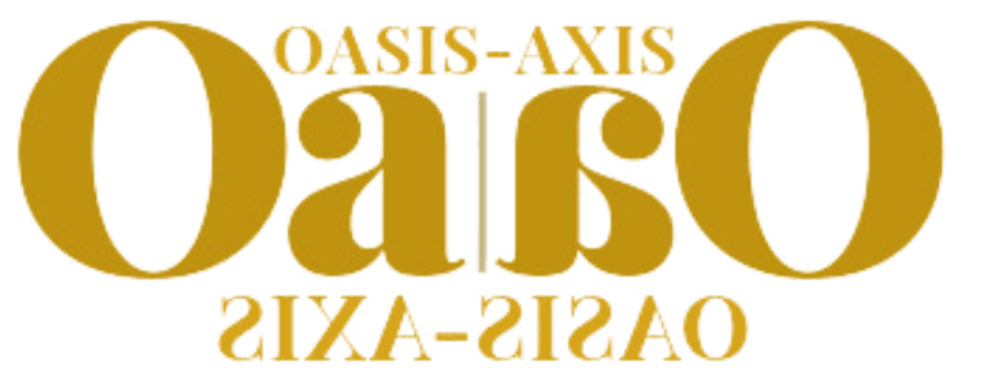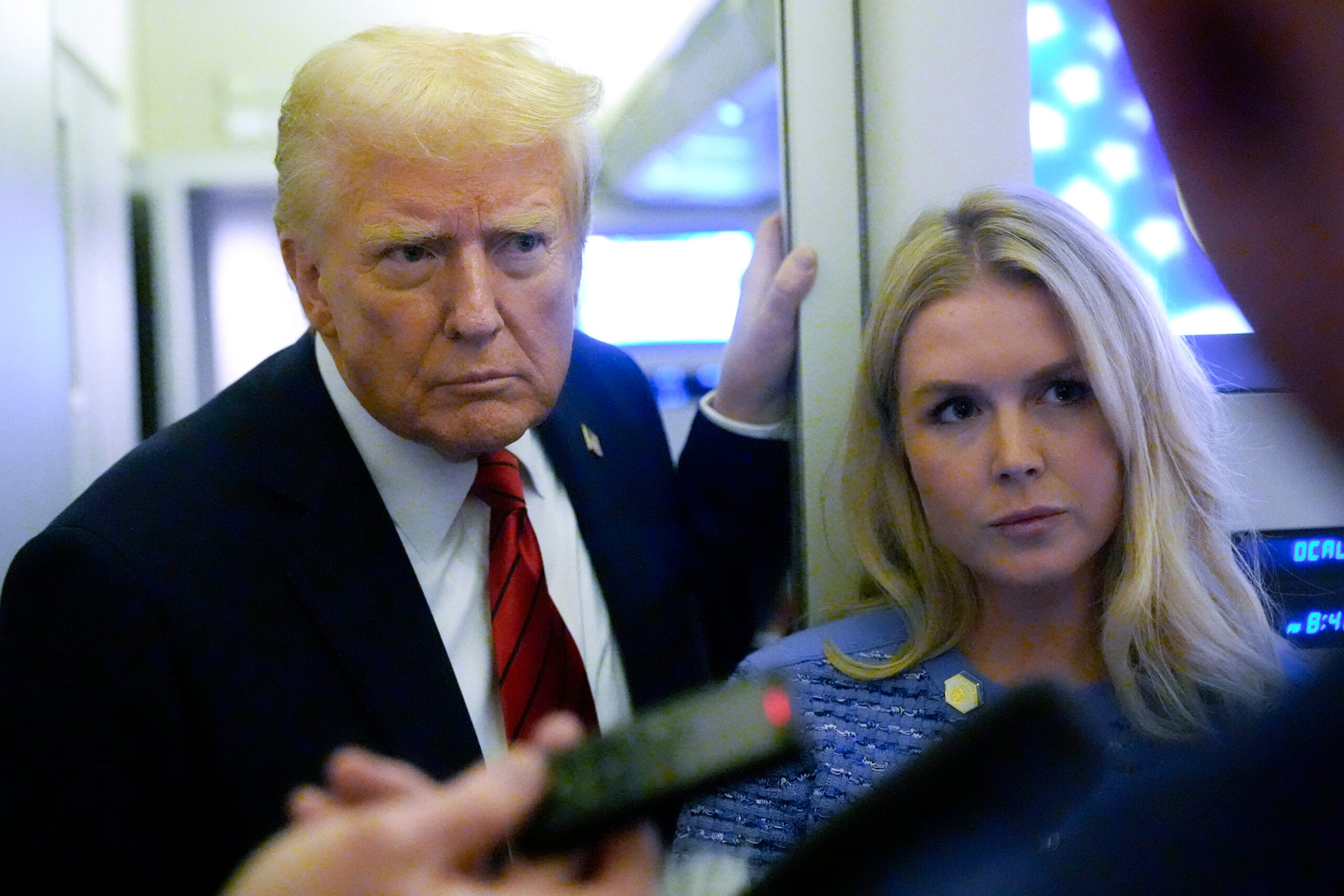
The Trump administration is contemplating a significant expansion of travel restrictions, potentially affecting citizens from 41 countries, according to an internal memo obtained by Reuters. This move aligns with President Trump’s ongoing efforts to enhance national security through stringent immigration policies.
Proposed Structure of the Travel Restrictions
The internal memo outlines a tiered approach to the proposed travel restrictions, dividing the affected countries into three distinct categories based on the severity of the measures:
- Full Visa Suspensions: This category includes 10 countries, such as Afghanistan, Cuba, Iran, North Korea, and Venezuela, where all visa issuances would be entirely suspended.
- Partial Visa Suspensions: Five countries, including Eritrea, Haiti, Laos, Myanmar, and South Sudan, would face partial suspensions targeting specific visa categories, such as tourist, student, and certain immigrant visas, with some exceptions.
- Conditional Partial Suspensions: The remaining 26 countries, among them Belarus, Pakistan, and Turkmenistan, would be subject to partial suspensions if they do not address identified security deficiencies within a 60-day timeframe.
This tiered system aims to incentivize countries to improve their security protocols and information-sharing practices to avoid more severe restrictions.
Rationale Behind the Proposed Restrictions
The administration cites national security concerns as the primary impetus for these proposed measures. The targeted countries have been identified as having inadequate information-sharing practices, unreliable identity documents, or insufficient counterterrorism efforts, which could potentially pose risks to the United States.
This initiative is part of President Trump’s broader immigration strategy, which he emphasized in a 2023 speech, pledging to restrict entry from regions deemed security threats.
Historical Context of U.S. Travel Bans
This is not the first time the Trump administration has implemented travel restrictions. In 2017, Executive Order 13780 imposed travel bans on nationals from several countries, primarily Muslim-majority nations, citing security concerns. The order faced legal challenges but was ultimately upheld by the Supreme Court in 2018.
Subsequent expansions in 2020 added countries like Nigeria, Myanmar, Eritrea, Kyrgyzstan, Sudan, and Tanzania to the list, further broadening the scope of the travel bans.
International and Domestic Reactions
The proposed expansion has elicited a spectrum of reactions both domestically and internationally:
- International Response: Countries potentially affected by the new restrictions have expressed concerns over the implications for diplomatic relations, trade, and their citizens’ ability to travel to the United States. Some nations are seeking diplomatic dialogues to address and mitigate these concerns.
- Domestic Response: Within the United States, civil rights organizations and immigration advocacy groups have criticized the proposed measures, arguing that they could perpetuate discrimination and harm America’s global standing. Legal experts anticipate potential challenges to the new restrictions, similar to the litigations that followed previous travel bans.
Potential Impact on Affected Countries
The proposed travel restrictions could have far-reaching consequences for the affected nations:
- Economic Implications: Countries with significant economic ties to the United States may experience disruptions in trade and investment, potentially affecting their economic stability.
- Humanitarian Concerns: Individuals seeking asylum or refuge from conflict zones within the affected countries may face heightened challenges in securing safety, raising humanitarian concerns.
- Diplomatic Relations: Strained diplomatic relations could result from the perception of these measures as punitive, potentially impacting cooperation on global issues such as counterterrorism and climate change.
Next Steps and Implementation
The proposed restrictions are currently under review and require approval from key administration officials, including Secretary of State Marco Rubio. The list of affected countries and the specifics of the restrictions are subject to change during this review process. Once finalized, the administration is expected to issue an executive order to implement the new travel bans.The Trump administration’s consideration of expanded travel restrictions underscores its commitment to prioritizing national security through stringent immigration controls. However, the potential implications for international relations, economic stability, and humanitarian concerns necessitate a careful and balanced approach to policy implementation. As the situation develops, it will be crucial to monitor the responses from the international community and domestic stakeholders to assess the broader impact of these proposed measures.






